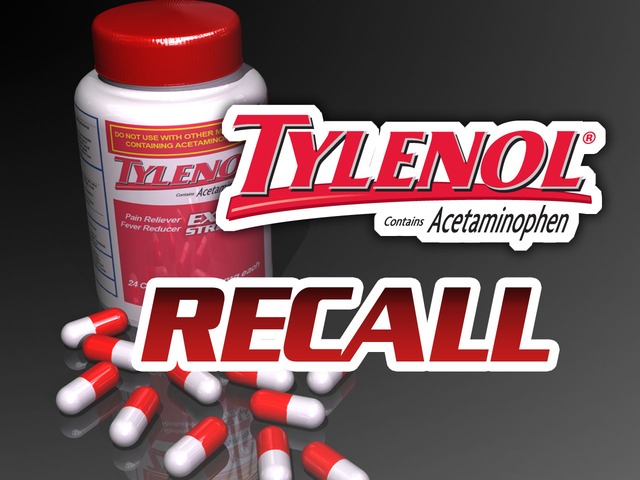Learning from the Best
A solid strategy and quick action is the only thing that can get a company through a crisis and back on track. The famed Tylenol Crisis from 1982 is an excellent example of a corporation that mitigated a disastrous situation masterfully and came out stronger and with an improved reputation.
With crisis management expert Alan Hilburg speaking at this month’s Networking for Success event on September 5, 2017, we are taking this occasion to highlight some of the key points of how the “Tylenol Man” successfully steered the company through what could have turned into a nightmare but ended up becoming a benchmark for a solid approach to crisis management.
The Background
In 1982 Johnson & Johnson reached out to Alan Hilburg when seven people were reported dead after taking cyanide laced Tylenol capsules.
- Act quickly, honestly and decisively:
As it quickly became clear that tampered Tylenol was the reason the seven deaths, J&J’s management immediately pulled Tylenol off the shelves. This was done not only in the US but worldwide. All Tylenol in circulation was called back and destroyed, costing the company USD 100 million.
The company also collaborated with the police to spread the news in the areas the deaths happened and warning were broadcast in the streets via loudspeakers and on national television. Furthermore the offered a reward of USD 100,000 for clues that could help find the culprit.
- Assume responsibility:
Although the deaths were not caused by negligence on J&J’s side, they still assumed full responsibility for it. They apologized sincerely for the tragic deaths and announced they would do everything in their power to stop another such incident from occurring. This increased the public’s trust in the company and helped J&J get through this difficult time.
- Make business-centric decisions with a focus on the victims:
Because they didn’t take a “damage control” approach but focused on the victims and the problem at hand, J&J was able to take strong steps forward. After the crisis, they were able to relaunch the product with a tamper-safe seal, which they advertised extensively. The public saw that the company had learned from this incident and felt like the it was taking extra measures to protect them. This further built on the trust they had already established by handling the crisis well to begin with.
- Value-based brands have an advantage:
When asked later about why the crisis was handled the way it was, senior management commented that it could not have been any other way since the company’s values clearly put the customer’s well-being above profits and market share. The crisis faced by Tylenol gave the company an opportunity to prove that they could live their values even when things got difficult. The fact that Tylenol’s market share after the relaunch beat the pre-crisis numbers only goes to show that if companies base themselves on values, they can significantly outperform their competitors.
- New underestimate the high cost of low trust:
Yes, it was expensive for all Tylenol around the world to be recalled. But first of all, it most likely saved lives and secondly, it increased trust in the company and made it possible for them to stay in business and come back even stronger. Had they not taken such drastic measures, J&J would have lost their customers’ trust. This could have had detrimental effects, not only on their pharmaceutical department but also on the other branches of their business. When comparing the recall’s cost of USD 100 million to losing more lives and potentially going out of business or missing out on substantial amounts of income for the coming years or decades due to a lack of trust in the market, J&J’s approach makes sense both from a personal and a business perspective.
If you want to get a chance to meet the man who helped Johnson & Johnson get through this difficult time, you have the chance to hear him speak at our next Networking for Success event on Tuesday, September 5, 2017. Contact us at info@localhost to sign up now as spots are filling up quickly.


